Tax season, and listening
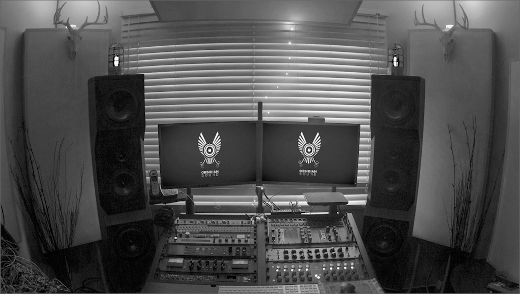
CRT :: Oh, yeah! Stephan Mathieu is…
Nathan :: …an amazing ambient experimental musician in his own right.
CRT :: Yeah.
Nathan :: As a mastering engineer it is no different from me handing my work off to another mastering engineer as it is anyone else sending their work to me. I feel terrified. I feel nervous. I’m sure I screwed 12 things up. My hands are shaking until I get the email back saying, “Yes, this is fine. I can proceed.” It’s nerve-wracking, not because there isn’t trust in the mastering engineer; it’s self-doubt. I’ve realized over the years that the mastering engineers I like to work with are always musicians themselves. They get it. They understand this dynamic. If something is really wrong, they will be blunt and obvious and tell me if things are enough in the pocket that they can run with it. They know that me contacting them means I’m starting to emotionally disengage with the work. I consider it gone. They have the wisdom to accept whatever I give them and say, “Okay, I think I can work with this. We’re good. More soon.” That’s a huge amount of trust. That’s what I like to try to convey to my clients. That is a huge factor for me in choosing who I choose to work with mastering my work.
CRT :: Totally. I’ll tell you from my experience of working with you what you made me do with my work. Previously, I’ve just sent a track out and said, “Okay, cool, mastering time.” If there’s no issues it comes back, I listen and it’s like, “Okay, sounds better. Adios.” But with your mastering of Dark Roads for the Young Magus (TruthTable, 2019) is since you did that, I use the questions you asked and what you write in your one sheet on every single track. Seriously, those methods are in every single track that I make.
Nathan :: That makes me so happy to hear, man. That’s amazing.
CRT :: You’re welcome. Your one-sheet that you send out should be like Moses’ stone tablets. It really made me think—for a guy who already thinks way too hard about his music—it made me think even harder about the tracks and listen more carefully to what was going on. I’ll finish a track then let it sit for six or seven months. And when I’ve got an album sequenced and I’m getting it ready for the label I’ll then go back and hear it differently. Because a lot of stuff I’m doing is generated envelopes or randomized stuff happening. Thus the final product is very different from the hastily rendered MP3 that I’ve been listening to for the previous eight months on headphones or in my car or whatever.
Nathan :: Dude, if it changes anything or changes your perspective, I’m the same way.
CRT :: That’s good to hear.
Nathan :: I’ll render an idea, sketch a piece I might actually think is finished. I’ll have it on my phone as an MP3 for a long time. What I want to wind up happening and the decisions that I make based on days or hours or sometimes weeks of listening to it. That version I send to a mastering engineer winds up being really quite different.
CRT :: That’s the exact same thing for me. And one of the worst things I ever did to myself as a musician was reading an interview with Photek in The Wire. I think it was around when Modus Operandi came out and he said, “I listen to every track I make at least 100 times, and I’m not joking. I get really obsessive.” You can hear it in songs, like, “The Camera Eye.” Everything is precisely placed and time. I’m like “Fuck!” and I started doing it, too. That was a sea change for my music, but also a bit like using a laser pointer with a tiger. I was already obsessive about my music but now I’m worse. In the last few months I’ve had to say to myself, “you’re not going to listen to your own music before going to bed for a month, because it just makes you upset.”
Nathan :: One trick I’ve found is listening to my own work while I specifically am doing some other tasks.
CRT :: Oh yes! It’s coming into your consciousness or your subconscious at an angle.
Nathan :: Only the sharp bits are going to draw your attention away. Say it’s tax season. I’ll listen to my own rough mixes while working on taxes. Not because I want to pay attention to them, but because I want to be so focused on some other tasks that if something in my own work that pulls me out of that other task, I know the problem.
CRT :: Yeah, exactly. I get what you’re saying. That’s brilliant. I love to do that. I’ll often take an album out and go driving. It’s terrible for the environment but great for music. I’ll walk the dog and listen on headphones. It’s like Albert Einstein said, “A problem can’t be solved in the same state of consciousness in which it was created.”
Nathan :: I totally agree. This has been great fun.
CRT :: This has been great! I really appreciate it, Nathan.
<< previous page
A Shadow No Light Could Make is available on Obsidian Sound. [Bandcamp]






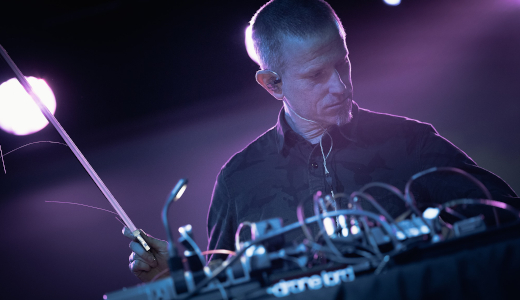





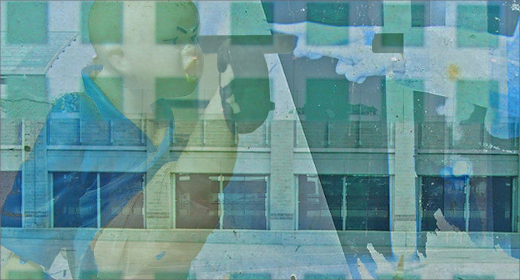
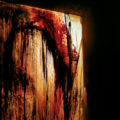

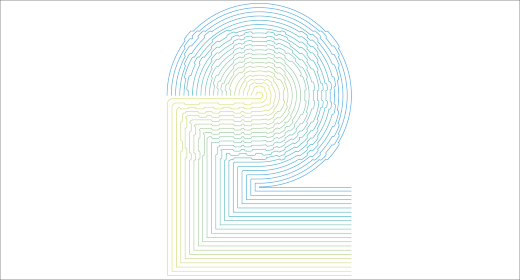







![Allmanna Town :: 1911 EP (Self Released) — [concise]](https://igloomag.com/wp/wp-content/uploads/2025/03/allmannatown-1911_feat2-75x75.jpg)


